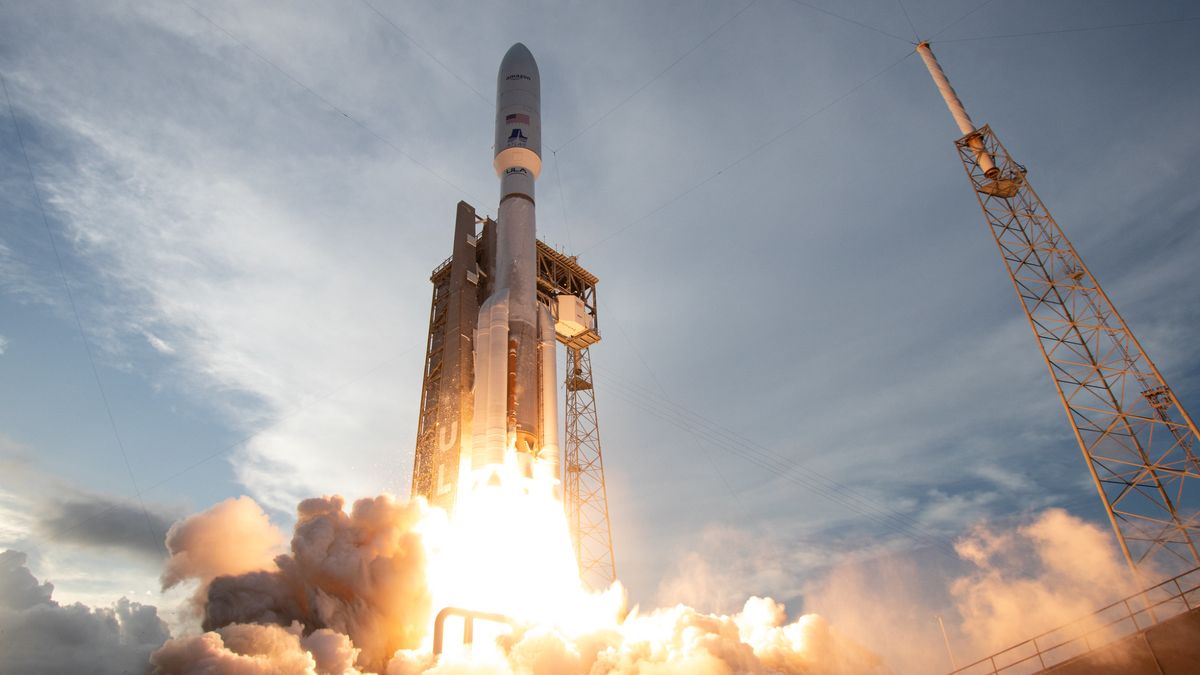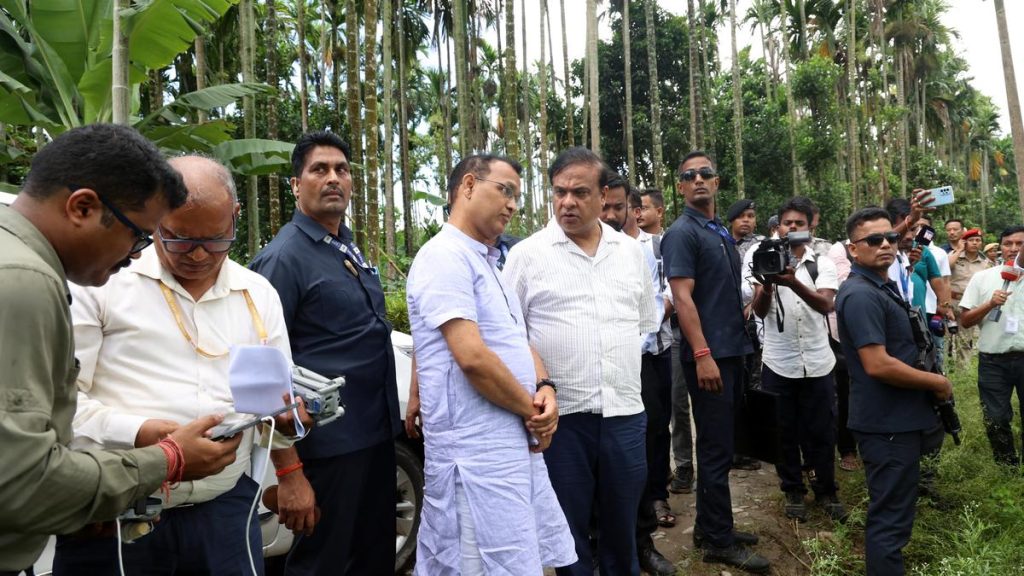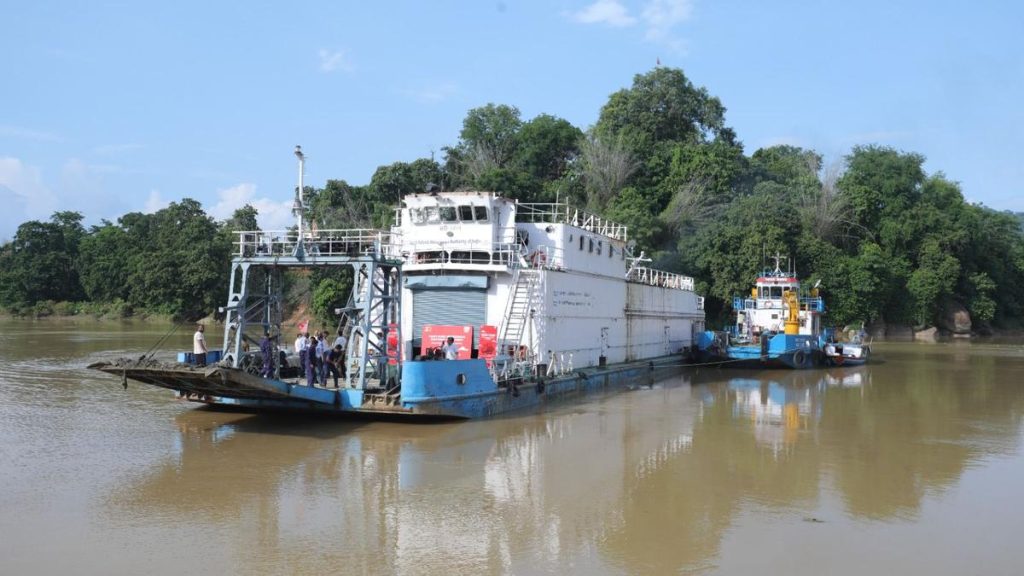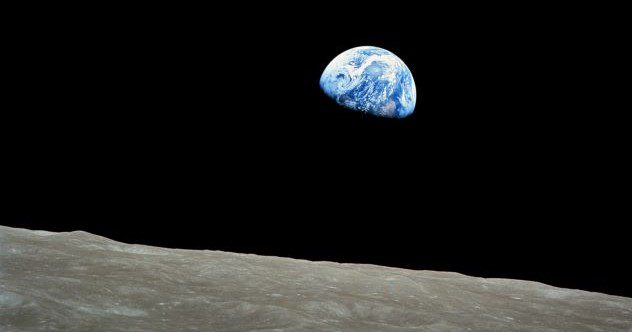Now Reading: India Achieves New Milestone with 6 Rocket Launches in 24 Hours
-
01
India Achieves New Milestone with 6 Rocket Launches in 24 Hours
India Achieves New Milestone with 6 Rocket Launches in 24 Hours

Quick Summary
- Six rockets successfully launched towards orbit over 18 hours, setting a new record for the most orbital liftoffs in less than 24 hours.
- Launch breakdown:
– China: Long March 5B rocket sent satellites for Guowang broadband megaconstellation into low Earth orbit.
– USA-SpaceX Falcon 9: Two separate launches carrying Starlink satellites for its internet constellation.
– USA-United Launch Alliance Atlas V: Launched Amazon’s first batch of Project Kuiper broadband satellites from Cape canaveral, Florida.
- Subsequent launches:
– Europe-Arianespace Vega-C: Successfully deployed ESA’s Biomass forest-monitoring satellite into orbit.
– USA-Firefly Aerospace Alpha rocket: This launch failed due to a mishap during stage separation, resulting in payload loss.
- Five of the six launched missions were purely focused on establishing or expanding low-Earth-orbit broadband satellite constellations.
- Analysts suggest this frequency might indicate an accelerating pace of space activity as more operators join satellite deployment efforts.
Indian Opinion Analysis
This unprecedented streak of orbital launches reaffirms humanity’s growing reliance on advanced satellite networks for dialog, data transfer, and exploration. With multiple nations and companies vying to build extensive broadband constellations-such as Starlink (US), project Kuiper (Amazon), and Guowang (China)-the competitiveness among major players could drive innovation but also create logistical challenges like increased levels of orbital debris.
For India, this race underscores the importance of ISRO’s ongoing commitment towards advancing indigenous technologies like the GSAT communication series and partnerships forming through private-sector involvement under its updated Space Policy framework.As global activity picks up pace, India must consider bolstering its capacity both technologically and diplomatically to protect national interests amidst evolving commercial dynamics in LEO-based services.




























